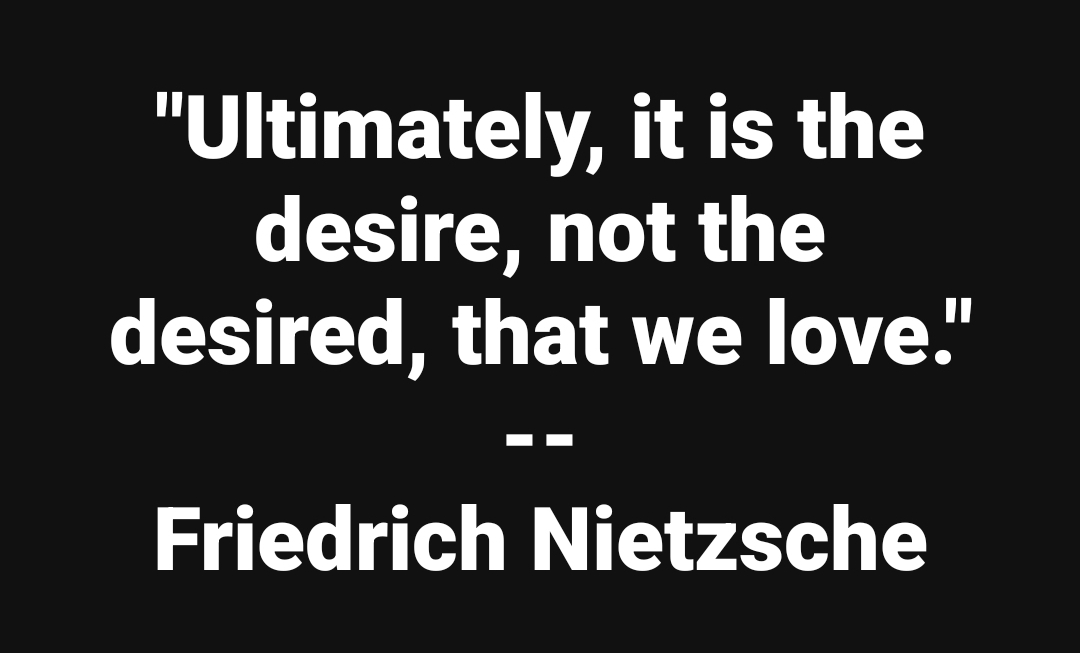The distinction between happiness and purpose/meaning lies in their nature, sources, and the roles they play in our lives.

Here’s a detailed breakdown:
Happiness Definition: A state of emotional well-being characterized by feelings of joy, pleasure, or contentment.
Nature:
Often fleeting and tied to momentary experiences.Emotional and subjective, influenced by external circumstances.
Sources:
Achievements, pleasures, relationships, and material comfort.Simple joys like enjoying a meal, laughing with friends, or reaching a personal goal.
Focus:
Centered on the self and immediate gratification.
Example:
Winning a prize, spending time with loved ones, or experiencing something enjoyable creates happiness.

Purpose/Meaning Definition:
A sense of direction or significance in life, derived from contributing to something larger than oneself.
Nature:
Long-lasting and often tied to deeper values or goals.More intellectual and spiritual, requiring reflection and effort to cultivate.
Sources:
Acts of service, personal growth, faith, relationships, or pursuing a larger goal.Enduring commitments, such as raising a family, creating art, or championing a cause.
Focus:
Extends beyond the self, focusing on connection, legacy, and impact.
Example: Devoting oneself to a meaningful career, raising children, or supporting a cause provides purpose.


Interconnection
While distinct, happiness and meaning often overlap. Pursuing a purposeful life can lead to deeper, more lasting happiness, and moments of happiness can provide energy to pursue meaningful goals. However, they can also conflict:
- Sacrificing short-term happiness (e.g., enduring hardship or discomfort) may be necessary for achieving purpose.
- Conversely, pursuing happiness alone (e.g., chasing pleasures) may leave a person feeling empty without a sense of meaning.
It depends on the individual and their stage in life:
- Happiness is crucial for mental and emotional well-being, especially in day-to-day life.
- Purpose/Meaning provides a foundation for long-term fulfillment, resilience, and satisfaction.
Constantly chasing happiness is an unsustainable endeavor, both practically and psychologically. Here’s an exploration of why this is the case, what happens mentally to someone who constantly pursues happiness, and healthier alternatives for cultivating well-being:

Why Constantly Chasing Happiness Is Unsustainable
- Happiness Is Fleeting:
- Happiness is often tied to specific moments or achievements, making it temporary by nature.
- Once a goal is reached or a joyful moment passes, the feeling dissipates, prompting a desire for the next “hit” of happiness.
- Humans adapt to positive changes quickly.
- For example, a promotion, a new car, or even a fulfilling relationship may bring initial joy, but over time, these lose their ability to generate the same level of happiness.
- Constantly chasing happiness often relies on external factors (possessions, experiences, or approval).
- When these are unavailable or fail to meet expectations, the pursuit can lead to frustration and disappointment.
- Increased Anxiety and Stress:
- The relentless pursuit of happiness can lead to pressure to always “feel good,” creating anxiety when one’s emotional state doesn’t match this ideal.Fear of missing out (FOMO) often arises, as people compare their happiness to others’.
- A person constantly seeking happiness may develop a rollercoaster of emotions, feeling elated with temporary highs but crushed by inevitable lows.
- Chasing happiness may lead to perfectionist tendencies, where only “perfect” experiences or outcomes are deemed worthwhile. This creates chronic dissatisfaction.
- The pursuit of happiness can overshadow authentic emotions. People may suppress or deny negative feelings, leading to emotional burnout or mental health issues.
- Focusing solely on happiness may lead to neglecting deeper, meaningful experiences that involve struggle or sacrifice, which can ultimately create a richer sense of fulfillment.
- The Paradox of Happiness:
- Research shows that the more one actively pursues happiness as an end goal, the more elusive it becomes. This is known as the “happiness paradox.” Focusing too much on happiness can actually make people less happy.
- Constantly chasing happiness prevents the development of emotional resilience. Facing and processing negative emotions are essential parts of psychological growth.
Rather than chasing happiness, a more sustainable approach is to cultivate a balanced, meaningful, and fulfilling life. Here are some strategies:
- Shift Focus to Meaning and Purpose:
- Pursue activities and goals that align with your values and create long-term fulfillment, even if they don’t bring immediate joy.
- Regularly acknowledging and appreciating what you already have can increase contentment without the need to chase new sources of happiness.
- Allow yourself to feel and process both positive and negative emotions without judgment. Emotional acceptance is key to mental health.
- Deep, meaningful connections with others are a powerful source of enduring happiness.
- Focus on the present moment rather than constantly striving for future happiness. Mindfulness practices like meditation can help.
- Recognize that happiness is only one part of life and that it’s normal to experience a range of emotions.
When individuals stop obsessing over happiness, they often find that:
- They experience greater emotional balance and resilience.
- They discover moments of joy naturally, without forcing them.
- They focus on relationships, purpose, and authenticity, which bring deeper satisfaction.
- They develop gratitude for small, everyday pleasures, leading to a more sustainable sense of contentment.
Chasing happiness constantly can create a vicious cycle of dissatisfaction and mental strain. True well-being comes from embracing a balanced life that includes moments of happiness, meaning, and emotional authenticity. By shifting focus from chasing happiness to living purposefully and fully, one can achieve a deeper and more enduring sense of fulfillment.








